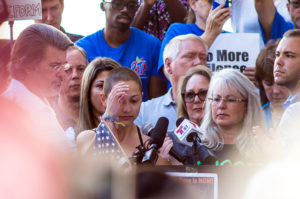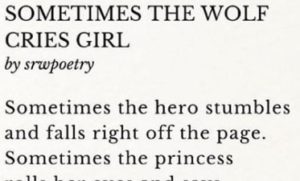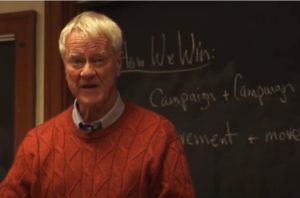10 Ways to Improve the World, and 10 to Improve Myself
Chris Brogan borrowed an idea from James Altucher: “Write a list of ten things every day. They can be 10 anythings. Ten terrible dates. Ten places to visit. Ten desserts I want to eat this year. Whatever.”
I won’t commit to making a list daily, but I was inspired to create these two after reading Chris’s post (which includes several samples of his own lists).
- Help figure out how the 30-40% of food that’s wasted can instead be rechanneled to feed those who are starving–and help that get implemented (perhaps this is a place I can target my speaking; see Personal Goal #2, below)
- Help amplify the voices of those better qualified than I am to show countries how to solve disputes without going to war
- Help build more bridges between/among Left and Right/”woke” and “non-woke”/Muslims and Jews and Christians, etc.
- Corollary #1 to #3: Explore and amplify alternatives to counterproductive communication styles: calling-in instead of calling out, respect and listening while searching for common ground instead of shaming
- Corollary #2 to #3: Help people to understand that they are not stuck–that just because they have been caught in bad patterns doesn’t mean they are trapped there forever
- Continue to demonstrate that baking environmental and social justice directly into companies’ products, services, and mindsets can be highly profitable–find ways for this idea to gain much more traction in the mainstream business world (without having to join that world)
- Expose more companies to principles such as biomimicry, multiple function, and circular economy so that they can better understand the financial benefits of deep reimagining, deep re-invention, and regenerativity
- Show companies that solving these big problems while increasing profitability requires a mixture of Great Leaps and Kaizen, different in different situations–and that they can do both at once
- Corollary to #5: Bring the holistic and systemic analysis that helps determine the right solutions in the right situations, and recommend implementation strategies
- Help change mindsets from despair to active, participatory hope: helping everyone I meet understand that he/she/they have the power to effect meaningful change, in their own lives AND in the wider world. Show how ordinary people (usually working with others) have created movements that changed history.
- Probe, discover, and overcome whatever internal barriers are still preventing me from achieving at a higher level–both in terms of impact and revenue–made good progress on this but clearly still have work to do
- Book more speaking gigs that pay a fee, whether virtual or live-stage or hybrid–especially international speaking that allows me to explore more parts of the world
- Land two or three new long-term consulting clients in the profitable social/environmental justice part of my business
- Find steady, decently-paying markets for articles or other types of content, as I had before
- Create the right offer for more readers/viewers/listeners to engage with me and come into my orbit
- Implement more of the enormous amount of good advice I’ve been given over the past few years
- Pick one of the several projects I’ve been tossing around, start it and run it: launch the retreat, the course, the pay-to-participate mastermind/mentoring group OR (not and) the resume-method licensing program
- Address issues of fatigue and focus, including lack of motivation, lack of follow-through, and more
- Keep up with the torrent of email, LI and FB messages, etc. and figure out a way to spot and respond to the important ones
- Continue to be a force in my grandson’s life, even if his parents move out of the area
And what are yours?
Please feel welcome to comment with some of your own goal lists. You don’t need ten things. Even one or two. And yes, you can share a whole list of ten if you want to. Just keep in mind that comments will be moderated and abusive or spammy ones will be removed.






